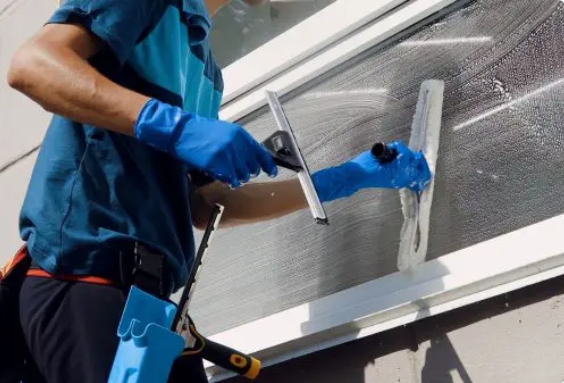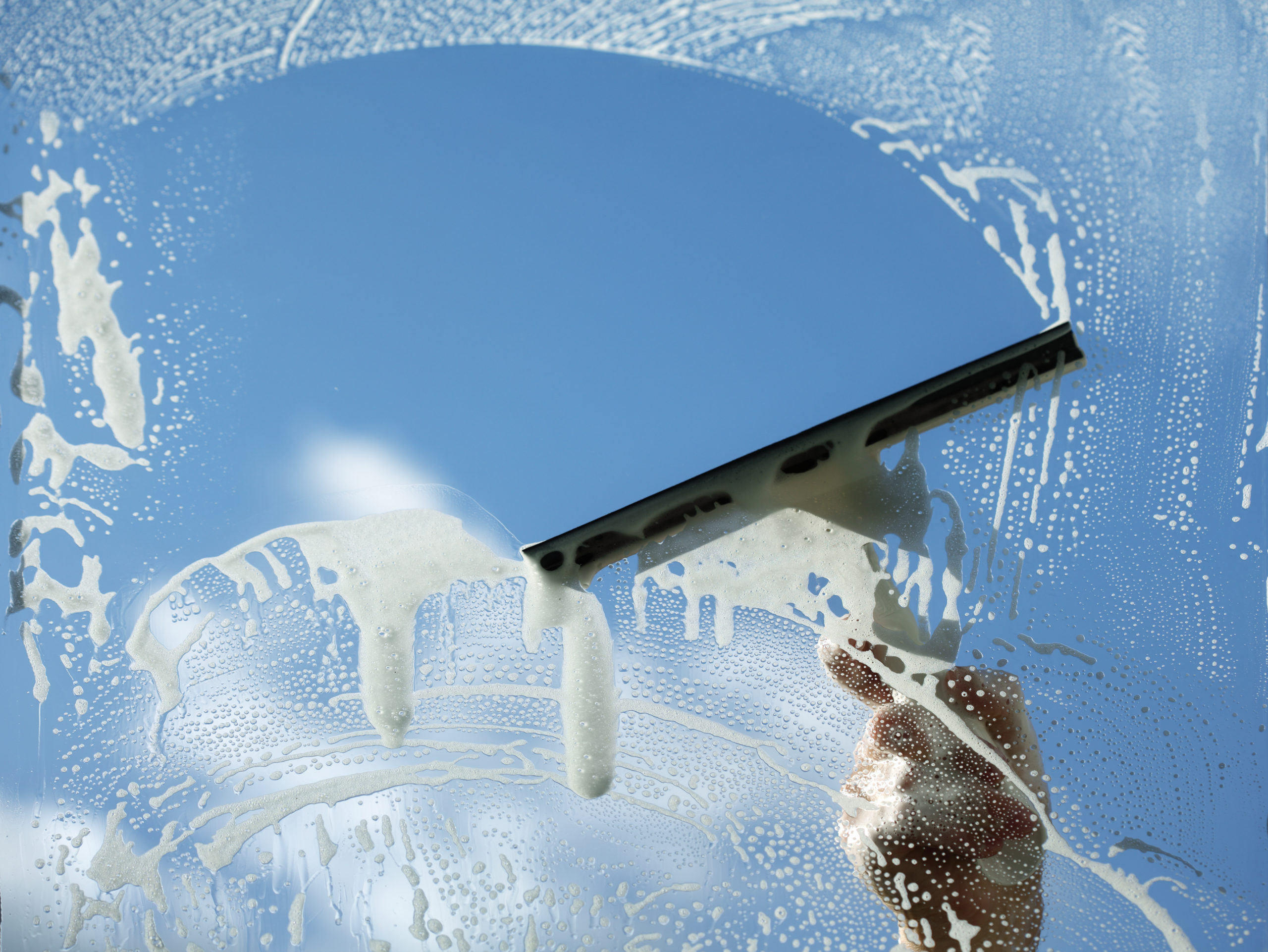

Hard water stains are caused by the high mineral content in hard water, primarily calcium and magnesium. These minerals can build up on glass surfaces, leaving behind cloudy spots and streaks that can be stubborn to remove. Over time, these deposits can become more noticeable and harder to clean if not addressed promptly. Understanding what causes these stains is crucial for choosing an effective removal method.
One of the most popular and cost-effective methods to remove hard water stains from glass involves using common household items like vinegar and baking soda. Vinegar's acidity helps dissolve mineral deposits, making it easier to wipe them away. To use this method, soak a cloth or sponge in white vinegar and apply it to the stained area. Allow it to sit for a few minutes before scrubbing gently with a non-abrasive pad. For tougher stains, creating a paste with baking soda and water can provide additional scrubbing power without scratching the glass.
Hard water is water that contains high levels of dissolved minerals, primarily calcium and magnesium. These minerals accumulate as water percolates through deposits of limestone, chalk, or gypsum. The higher the concentration of these minerals, the harder the water is considered to be.
When hard water evaporates or heats up, it leaves behind mineral deposits. This phenomenon occurs because calcium and magnesium do not evaporate with the water but instead settle on surfaces such as glass, tiles, and fixtures. Overtime, these deposits can build up and become visible as unsightly stains.
When considering the cost of hiring a window cleaning service, several factors come into play that can influence the final price.. It's not just about the upfront dollar amount; understanding these variables will help you make an informed decision and ensure you get the best value for your money. First and foremost, the size and number of windows are significant determinants of cost.
Posted by on 2024-09-24
Transforming your home can often feel like a daunting task, but sometimes the simplest changes can have the most significant impact.. One of these transformative yet straightforward tasks is cleaning your windows until they are spotless.
Posted by on 2024-09-24
Cleaning windows without streaks can seem like an elusive goal, something only professionals can achieve.. However, the truth is that anyone can achieve crystal-clear results with the right techniques and tools.
Posted by on 2024-09-24
When it comes to maintaining the cleanliness and aesthetic appeal of your home or office, window cleaning is a crucial task that should never be overlooked.. Sparkling clean windows not only enhance the overall appearance of a building but also allow more natural light to flood in, creating a brighter and more inviting atmosphere.
Posted by on 2024-09-24
Achieving crystal clear windows can seem like an elusive dream, especially when you're pressed for time.. Yet, with a few expert tips and some strategic planning, you can transform your smudged panes into gleaming sheets of glass in just minutes.
Posted by on 2024-09-24
Hard water stains are a common household nuisance, often resulting from the high mineral content in tap water. These minerals, primarily calcium and magnesium, leave behind residues on various surfaces when the water evaporates. The presence of hard water stains can be both aesthetically displeasing and functionally problematic.
Glass surfaces, such as shower doors and windows, are particularly susceptible to hard water stains. Over time, these stains can create a cloudy or streaky appearance that is difficult to clean with standard glass cleaners. This not only diminishes the transparency but also affects the overall brightness and cleanliness of your living spaces.


Hard water stains on glass shower doors can be a persistent issue, making the glass look cloudy and unattractive. These stains are primarily caused by mineral deposits left behind after water evaporates. Fortunately, with the right approach, you can restore your shower doors to their original sparkling condition.
To tackle hard water stains effectively, start by preparing a cleaning solution that's both powerful and safe for your glass surfaces. A popular choice is a mixture of equal parts white vinegar and water. Vinegar is acidic enough to break down the mineral deposits but gentle enough not to damage the glass. Alternatively, you could use commercial hard water stain removers available in stores, but make sure they are suitable for glass surfaces.
Hard water stains are typically caused by the high mineral content in water, particularly calcium and magnesium. When water evaporates from surfaces like windows, it leaves behind these minerals as unsightly white or cloudy deposits. Over time, these stains can become more stubborn and difficult to remove if not treated promptly.
To begin addressing hard water stains on windows, start with a basic cleaning. Combine equal parts of white vinegar and distilled water in a spray bottle. Spray the solution generously onto the stained areas of the window. Allow it to sit for about 5-10 minutes to break down the mineral deposits. Afterward, use a microfiber cloth or sponge to gently scrub the surface in circular motions.

Hard water stains on windows are caused by mineral deposits, primarily calcium and magnesium, that remain after water evaporates.
Yes, several professional window cleaning services in Kingston specialize in removing hard water stains using specialized techniques and products.
Yes, you can use a mixture of white vinegar and water or commercial cleaners designed for hard water stain removal. However, professional services often achieve more effective results without damaging your windows.
To prevent future hard water stains, consider installing a water softening system, regularly cleaning your windows with appropriate solutions, and promptly drying them to avoid mineral buildup.